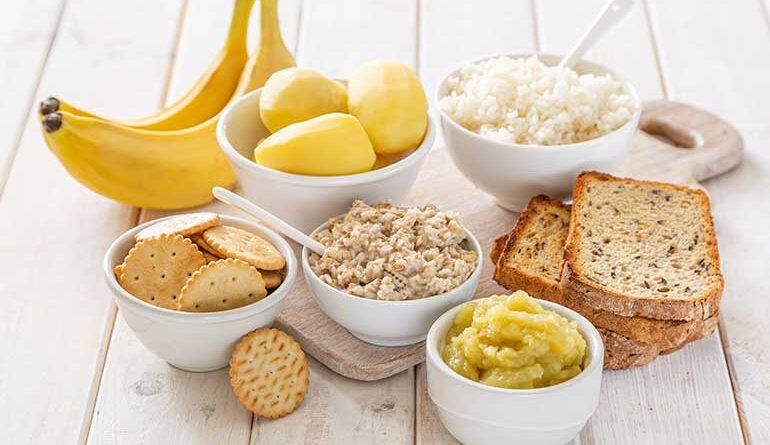FIRST AID FOR FOOD POISONING
Food poisoning can strike when you least expect it, turning a delightful meal into a nightmare of stomachaches, nausea and discomfort. While it’s always best to seek professional medical attention in such situations, there are times when immediate relief is needed before you can see a doctor.
In this article, we will explore some effective home remedies and kitchen items that can help you manage the symptoms of food poisoning until you can receive proper medical care.
1. Hydration is Key
One of the primary concerns during food poisoning is dehydration. Vomiting and diarrhoea can quickly lead to a loss of fluids, electrolytes and essential nutrients. To combat this, keep yourself well-hydrated with clear fluids. Water, clear broths, herbal teas, and rehydration solutions can help replace lost fluids and electrolytes. Sip these liquids slowly to prevent further irritation.
2. Ginger Tea
Ginger has natural anti-nausea properties that can soothe your upset stomach. Prepare a cup of ginger tea by simmering freshly grated ginger in hot water for 10-15 minutes. Sip on it throughout the day to ease nausea and reduce vomiting.
3. Activated Charcoal
Activated charcoal can help absorb toxins from the digestive tract, which is particularly helpful in cases of food poisoning. You can find activated charcoal capsules or powder at your local pharmacy. Follow the recommended dosage on the packaging and take it with plenty of water.
4. Rice Water
Plain rice water can be a gentle and soothing option when you have food poisoning. Cook a small amount of white rice with extra water, strain the liquid, and drink it to settle your stomach and provide some nourishment.
5. BRAT Diet
The BRAT diet, which stands for Bananas, Rice, Applesauce, and Toast, is a bland but nourishing diet that can be helpful during food poisoning. These foods are easy on the stomach and provide some much-needed nutrients.
6. Yoghurt with Probiotics
Probiotics found in yoghurt can help restore the balance of beneficial bacteria in your gut. Opt for plain, unsweetened yoghurt with live cultures to alleviate digestive discomfort.
Though these kitchen remedies can offer some relief, it’s essential to remember that they are not a substitute for professional medical advice. If your symptoms persist, worsen, or are accompanied by high fever, blood in the stool, or severe dehydration, seek immediate medical attention.
Preventing food poisoning is the best approach, and proper food handling, storage, and hygiene practices are crucial. However, in the event that food poisoning strikes, having these kitchen remedies at your disposal can make the wait for medical help more bearable. Always consult with a healthcare professional for a proper diagnosis and treatment plan when faced with food poisoning.
Stay safe, practice good food hygiene, and remember that your health is paramount.



